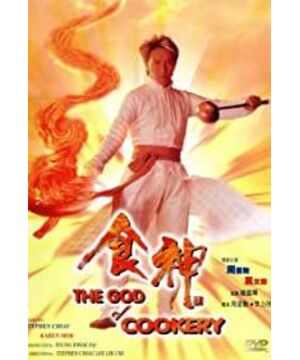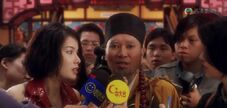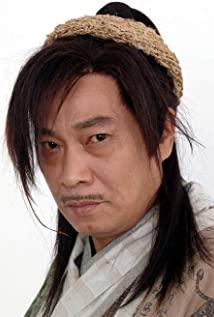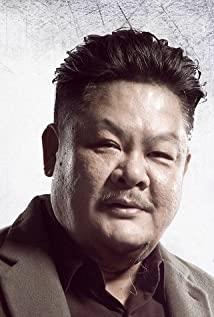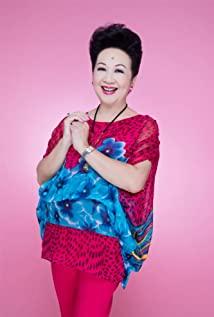The comedy in Stephen Chow's movies has always been wonderful and classic, so I won't go into details here. After all, whether it's the peeing cow balls, the 18 bronze figures of the Shaolin Temple, or the dancing sister Jiayan, they have left too many classic impressions on everyone. I want to talk about other aspects of this movie besides being funny.
first of all
1. Commercial Marketing. God of Cookery is probably the first book that gave me commercial marketing inspiration. The male protagonist Stephen, a business liar who can't cook, has built a strong food business empire with his personal image as a marketing point. "He is arrogant, but he is kind, and he is lonely, but he is admired by thousands of people." Extremely, there are many people in the public who have no ability to work hard to establish a personal image and then profit from it? And the fact that the Realan design can easily collapse is still vivid in his films. It is because he has no ability to market his personal image too much, that Stephen will fall so quickly when he encounters a plot and causes "the collapse of the human design". He failed the first time.
However, he stood up for the second time, still relying on his outstanding business acumen and "pissing beef balls". This time, his marketing focus was on the beef balls itself. In addition to finding "Shui Jun" to perform brainwashing beef balls, in addition to "not only delicious, but also good" A series of false marketing, such as strengthening the body, refreshing the mind, and benefiting the mind and body", also put the marketing focus on the entertainment of beef balls. "Who doesn't want to have a beef ball that can play table tennis?" It's the same as "putting the crispy corner on your finger". After he got the loan and opened the branch, Stephen clearly knew that beef ball snacks could never be a big chain, so investing all the money in the production of canned food can also observe how outstanding his business acumen is.
2. Love. "Love and righteousness are worth thousands of dollars", the love of this movie is just like this sentence, full of love and righteousness. Whether it's the turkey blocking the knife for Stephen, or the fact that Stephen's head turned white overnight, it's a sigh of relief. Love is beautiful in other movies, or green or charming, which makes people yearn for it, but the love in God of Cookery has more meanings and a lot of rivers and lakes, and the overall tone becomes deep and vigorous.
3. Philosophy. "There is no God of Cooking in this world at all, or in other words, everyone can be a God of Cooking, adults and children, men and women, three aunts and six wives, as long as they work hard, everyone can be a God of Cooking." Having said this, at this time, he experienced the experience of the turkey dying for him, the experience of Shaolin Temple, and after crying all night to various epiphanies, he was no longer the domineering and indomitable Stephen that he used to be. He finally understood the truth. No matter the result, when you really do something with your heart, at that moment, you are your own god. Why didn't Stephen get the God of Cookery directly and give the setting of "immortal" in the end, in addition to achieving reversal and unexpected effects, it is also because from the beginning of Shaolin Temple to the time when the immortals came out, this film changed from pure food/funny The film goes into philosophical depth.
4. Depressed ecstasy meal. Why do you cry when you eat it? Because of the onion. When Stephen was at his worst, he ate a bowl of barbecued pork rice with turkey, and at the last moment of the battle for God of Cookery, when the master of wet dreams told him what the best food in the world was and asked his heart, he finally chose this Bowl of BBQ pork rice. Zhou Xingchi's films always carry such a plot. No matter how successful the protagonist is, what he misses the most in the end is still the emotion he encountered when he was at the most embarrassed and depressed time in his life. This is probably also Zhou Xingchi's personal portrayal.
View more about The God of Cookery reviews


